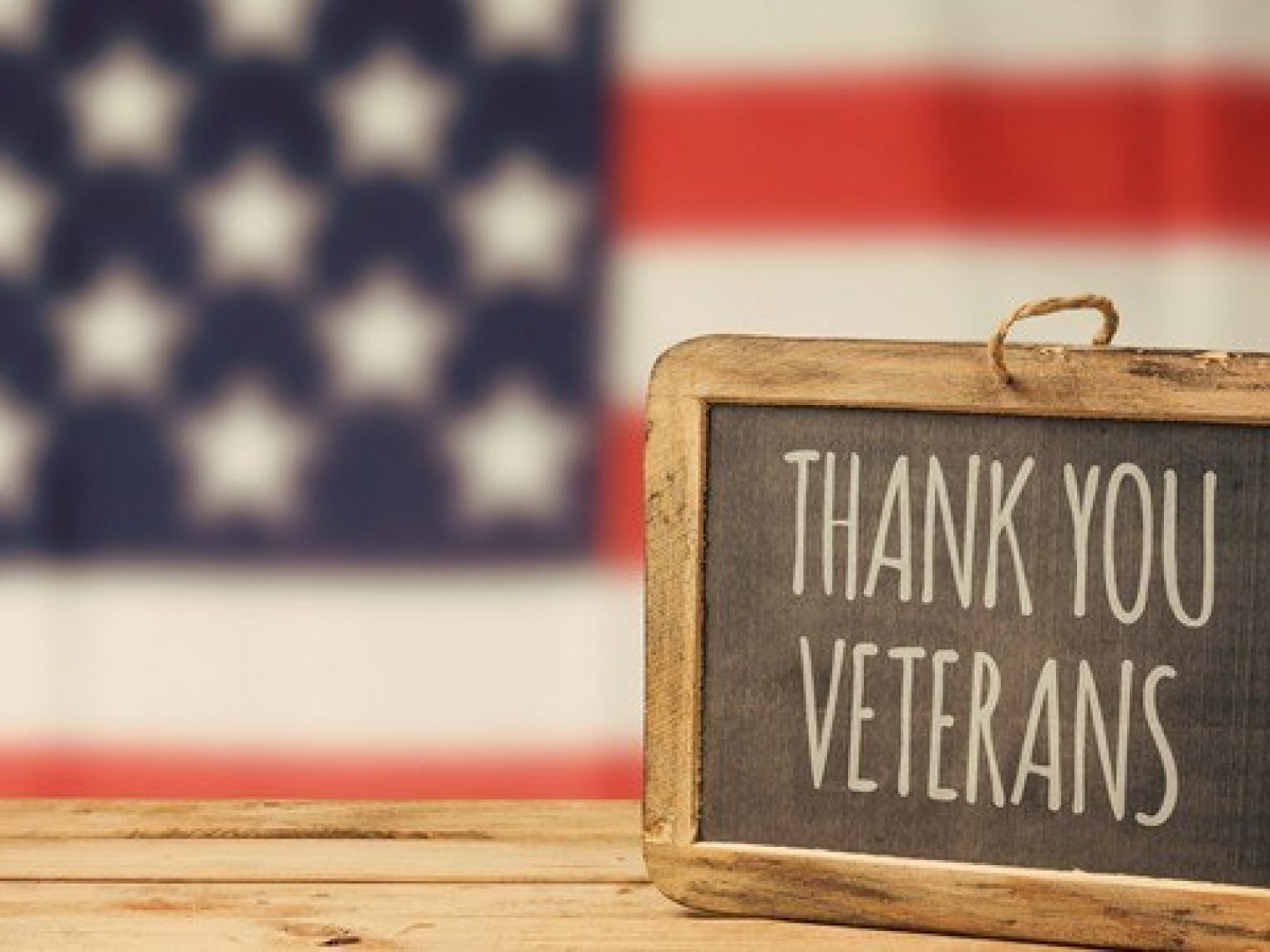You’ve probably heard time and time again that a simple way to improve your credit is by responsible and consistent use of a credit card. You might even know how to improve your credit in several ways other than using a credit card. Another potential solution to improve your credit is to apply for a personal loan. However, this is an option that should be considered with caution.
Veterans United does not offer personal loans. If you want a personal loan to improve your credit score, make sure to take your time finding a trustworthy lender and exercise caution. You can also improve your credit score by getting a credit builder loan, paying off a credit card in full each month, or using a credit consulting service like Veterans United’s Lighthouse program.
Should I Get a Personal Loan to Build My Credit Score?
When it comes down to it, personal loans can be a risky way to go about improving your credit. Typically, personal loans work best for those with maxed-out credit cards or those seeking to consolidate debt with abnormally high interest rates. Those with good credit scores or healthy credit card history won’t typically see any improvement to their scores with a personal loan.
If you’re planning to use a personal loan to improve your credit score or pay off credit card debt, it is essential to weigh the pros and cons. There are more reliable ways to build your credit and repair your finances. Veterans United does not recommend using a personal loan to improve your credit score.
Pros and Cons of Personal Loans
A personal loan can potentially consolidate credit card debt and improve your credit score for several reasons, but it’s important to understand the pros and cons of going this route.
Pros of Personal Loans for Building Credit
- It is an installment loan, meaning this type of debt won’t hurt your credit score as much as debt on a credit card
- Can diversify your credit history
- Can decrease debt quickly
While all of this may sound great, a personal loan can also send you into further debt if not considered carefully:
Cons of Personal Loans for Building Credit
- Higher interest rates
- Fixed payment timeline, meaning more debt if the loan is not repaid in a timely manner
- Additional fees, especially if loan repayments are late
How Personal Loans Can Hurt Credit
Like any other form of debt, personal loans can hurt your credit score if you’re not careful.
While it can be helpful for consolidating debt in some cases, treat a personal loan with heavy caution. Personal loans can be a way to pay off expensive credit card debt by freeing up your available credit limit.
However, personal loans can also create an even bigger debt problem when handled improperly. Should you choose a personal loan, it is paramount that you don’t run up additional balances on your existing credit cards.
What Happens if You Miss Personal Loan Payments?
If personal loan payments are more than 30 days late, you may face significant credit damage. You may also be subject to late fees, or even a loan default. These consequences are why personal loans should be discussed with such caution. If your goal is to improve your credit, a personal loan is only one of many options for getting back on track.
Secured vs. Unsecured Personal Loans
Decide whether a secured or unsecured personal loan would be best for you ahead of time. Here’s how each loan fares in terms of collateral, repayment period and interest rates:
| Loan Type | Pros | Cons |
|---|---|---|
| Secured personal loan | Longer repayment time - Lower interest rates | Must provide collateral |
| Unsecured personal loan | No collateral necessary | Higher interest rate - More difficult to obtain |
In general, secured loans are better for the long term, and unsecured loans are more beneficial in the short term. Keep in mind that there are other options to build your credit score, and taking out a personal loan is not for everyone.
Does a Personal Loan Affect Getting a Mortgage?
Yes, a personal loan may significantly impact mortgage loan approval. Here are a few ways a personal loan can hurt your chances of homeownership:
- Negatively impact your credit score
- Increase your debt-to-income ratio (DTI)
- Lower your residual income
Personal Loan Alternatives for Improving Credit
If the risk of a personal loan seems to outweigh the reward, there are other options for improving your credit score. Here are some other options:
Credit Builder Loans
Different from personal loans, these loans are specifically designed to help build or improve your credit. The lender will hold the borrowed money while the borrower pays it off. Once fully paid, the borrower gets the money back, and the payment history often leads to a credit score increase.
Credit Cards
Credit cards are another great option to build credit. You'll only pay interest if you carry a balance on the card. So if you pay your balance in full each month, you won't have to pay any interest. If you have poor credit already, consider applying for a secured credit card or being an authorized user on a friend or family member's account.
Credit Consulting
There are many organizations that work with individuals to help improve their credit scores. Veterans United offers a credit-building program designed specifically for Veterans and service members. Participants have the opportunity to collaborate with a credit consultant to enhance their credit scores.
Related Posts
-
 What Not to Do When Buying a House and Mistakes to AvoidDiscover key mistakes to avoid before buying a home, ensuring a smoother, more informed process. Here's four things to not do when purchasing a house.
What Not to Do When Buying a House and Mistakes to AvoidDiscover key mistakes to avoid before buying a home, ensuring a smoother, more informed process. Here's four things to not do when purchasing a house. -
 2020 Veterans Day Discounts, Deals, and GiveawaysVeterans Day 2020 will be on Wednesday, November 11th, 2020. Check out this full list of deals for veterans, service members and their families.
2020 Veterans Day Discounts, Deals, and GiveawaysVeterans Day 2020 will be on Wednesday, November 11th, 2020. Check out this full list of deals for veterans, service members and their families.
